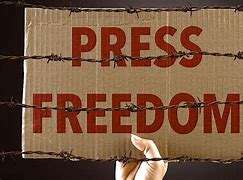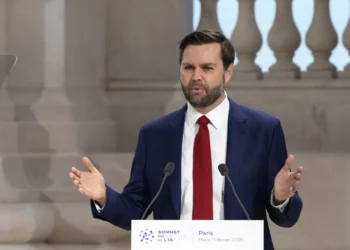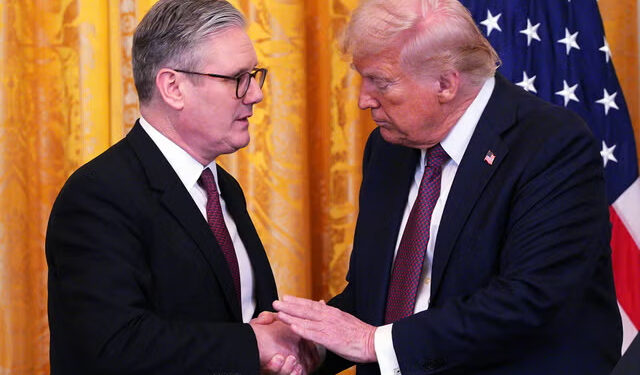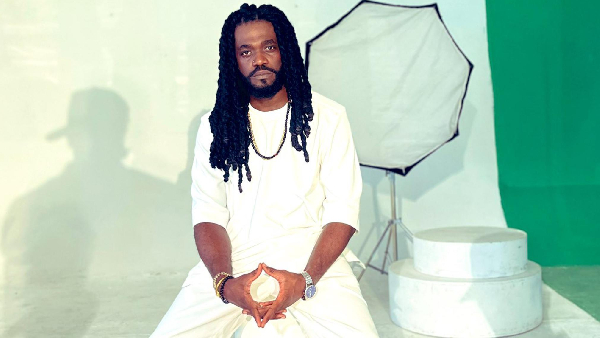Ghana’s democracy has reached impressive milestones, and a considerable portion of the credit for these achievements is due to the unwavering dedication and fearless determination of its journalists.
The Fourth Estate, often underappreciated, plays a pivotal role in upholding the democratic values that the nation holds dear.
Over the weekend, the Ghana Journalists Association (GJA) recognized Mr. Erastus Asare Donkor as the P.A.V Ansah Journalist of the Year at the 27th GJA Awards. Donkor’s accolade comes on the heels of his impactful reporting on one of the most contentious issues in Ghana—illegal mining, commonly referred to as galamsey. Like most journalist, his works have huge significance on national development and safeguarding democracy.
With a plethora of TV and radio stations and a substantial number of journalists, Ghana’s media landscape is extensive. However, recent rankings from the Reporters Without Borders’ 2022 World Press Freedom Index reveal a concerning trend. Ghana has slipped from 30th to 60th place out of 180 countries in just one year, signaling growing concerns about the safety and security of journalists.
Ghanaian journalists confront numerous obstacles in their line of work. They face legal challenges, economic difficulties, and, most distressingly, physical threats to their safety. Many news reporters and investigative journalists have endured brutal attacks, and regrettably, these assaults have often gone largely unpunished. Also, accessing information could be challenging despite the passage of the Right to Information Act. Political figures, at times, obstruct journalists from obtaining crucial data, hampering their ability to serve the public effectively.
While the Constitution theoretically safeguards media and press freedom, the reality often falls short of the ideal.

Journalists today must consider their safety more than ever before. Questions like “Is this safe?” have become the guiding principles of their work, often overshadowing the pursuit of their professional duties.
Despite the many challenges they face, Ghana’s journalists serve as stalwart guardians of accountability, making the government and public officials answerable for their actions. Their investigative reporting have over the years, exposed corruption, malfeasance, and inefficiencies, serving as a vital deterrent against misconduct in public office.
Not only in politics, but, also, in entertainment, sports, among others.
Journalists serve as the primary channel through which crucial information reaches the citizenry. Informed citizens are better equipped to participate in the democratic process, and the media ensures they are kept abreast of current events, government policies, and societal issues. In a diverse and culturally rich nation like Ghana, journalism provides a platform for a multitude of voices to be heard, enriching public debates and policymaking.
Ghanaian journalist have promoted transparency in government by unveiling its inner workings. They have pushed government institutions to operate transparently, essential for a functioning democracy.
Furthermore, journalists in Ghana have gone beyond the headlines, offering context and analysis to their audiences. On countless occasions too, the media have engaged in advocacy on important issues, from healthcare to education, and from the environment to human rights. Through investigative reporting and feature articles, they have influenced public opinion and inspired citizens to demand change or improvements.
In years past, the Ghanaian Press played crucial roles in fighting authoritarianism. By exposing abuses of power, curbing censorship, and fostering a culture of free speech, they acted, and even continue to act, as a check against the consolidation of power that could undermine democratic principles.
Journalism And 2024 General Elections
Crucially, the democracy of the country will fall on the works on the gallant Ghanaian media ahead of the 2024 General Elections. The media must overlook any hindrance and serve the public interest.
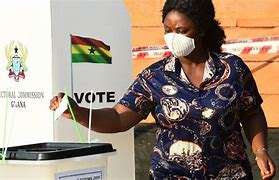
The media will again be responsible for civic engagement by providing information on elections, policy matters, and community events. The Ghanaian media must hold politicians to the facts and details of their usual tagline campaign promises. The Ghanaian media will have the proud duty to inspire citizens to participate actively in the democratic process, thereby strengthening Ghana’s democratic fabric.
The media will therefore have the power to set the national agenda by elevating particular issues to the forefront of public attention that may leading to policy changes and reforms. This role is particularly critical as the country faces pressing challenges such as public health crises, grave economic disparities, and environmental issues.
Thus, it will be more prudent that the media takes charge of the process, putting duty bearers on the spot; fact-checking, probing every letter uttered.
In Ghana, journalism has not just been a profession; it has been the cornerstone of the nation’s democracy. It has empowered citizens, held leaders accountable and promoted transparency. As Ghana continues to build upon its democratic gains, the role of journalism remains pivotal in ensuring that the nation thrives as a vibrant and inclusive democracy.
The call is underpinned by stringent ethical conduct, serving as the foundation of responsible and credible reporting, upholding principles of truth, accuracy, and objectivity over sensationalism.
Thus far, Ghana’s journalists have exhibited remarkable bravery and dedication in the quest to upholding democratic values and ensuring a transparent and accountable government. These efforts should be celebrated and appreciated by all, for they are the sentinels of accountability and the custodians of truth in the nation’s enviable democracy.
Kudos to all the gallant men and women of the Fourth Estate!

